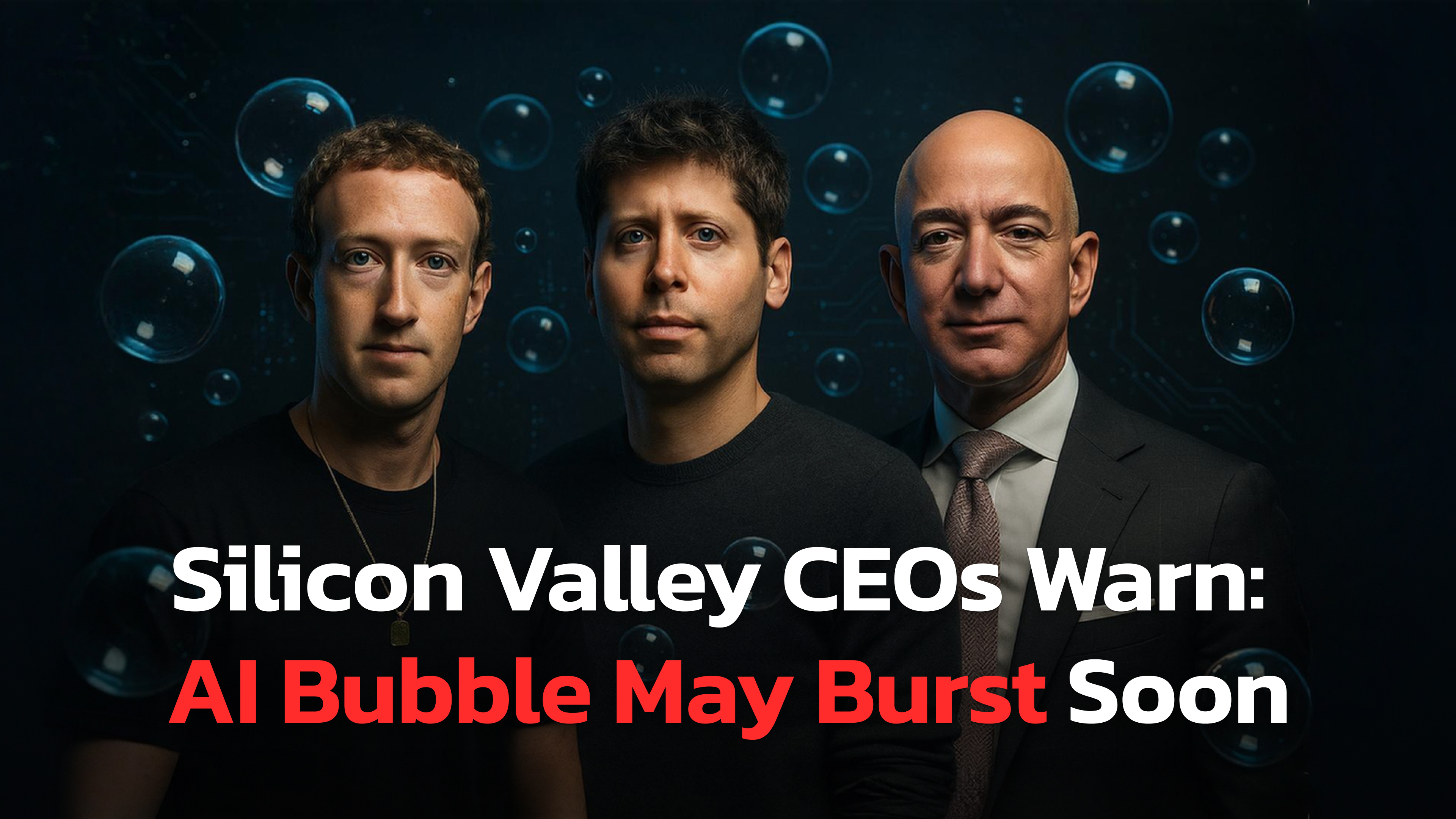
Concerns regarding the potential collapse of an AI bubble have been amplified by recent statements from Alphabet CEO Sundar Pichai. In an exclusive conversation with the BBC, Pichai explored various facets of AI, including its energy requirements, investment in the UK, and the future job landscape. He specifically mentioned that should the AI bubble deflate, no corporation, including Google, would escape unscathed. Pichai underscored the rapid expansion of the AI industry, pointing out that “irrationality” fuels the surge as valuations and investments escalate. He warned that the sector could “overshoot” during these hype periods, drawing comparisons to the dot-com bubble and subsequent crash in the late 1990s and early 2000s, which saw the valuations of early internet firms skyrocket on hopes, only to plummet in 2000, resulting in the downfall of many companies and substantial job losses.
At present, there are fears that AI may take a similar trajectory. Recent times have witnessed a surge in Big Tech valuations: Alphabet attained a valuation of $3.5 trillion, OpenAI reportedly reached $500 billion, and NVIDIA became the first entity to exceed the $5 trillion threshold. However, indicators of instability are beginning to surface. Recently, significant investors have started liquidating their stakes in NVIDIA stock. On Monday, it was reported that Peter Thiel’s hedge fund divested its entire $94 million holding. Notably, Michael Burry, recognized for forecasting the 2007-08 housing market crash, is apparently betting against NVIDIA and Palantir.
In spite of these occurrences, Pichai largely remains untroubled. He likened the current scenario to the internet’s past, recognizing the over-investment but highlighting the internet’s substantial influence. “I anticipate AI to follow suit,” he stated to the BBC, implying that while there are logical components, irrational elements also play a role during such periods.